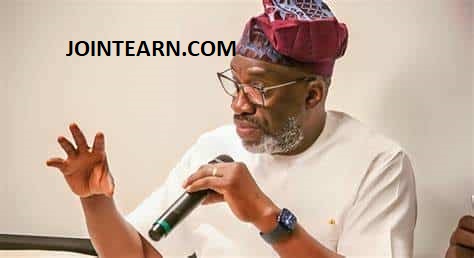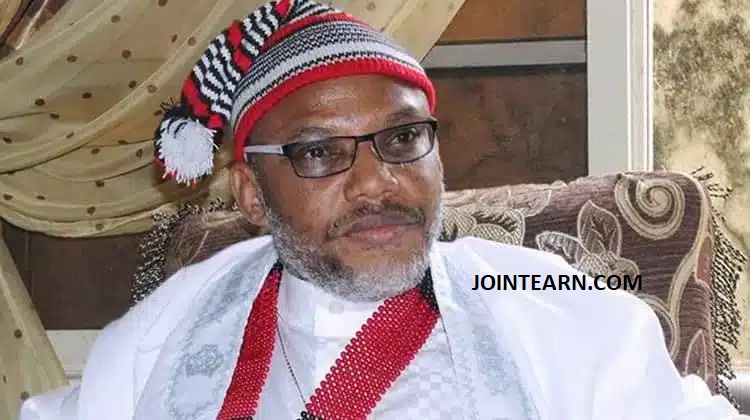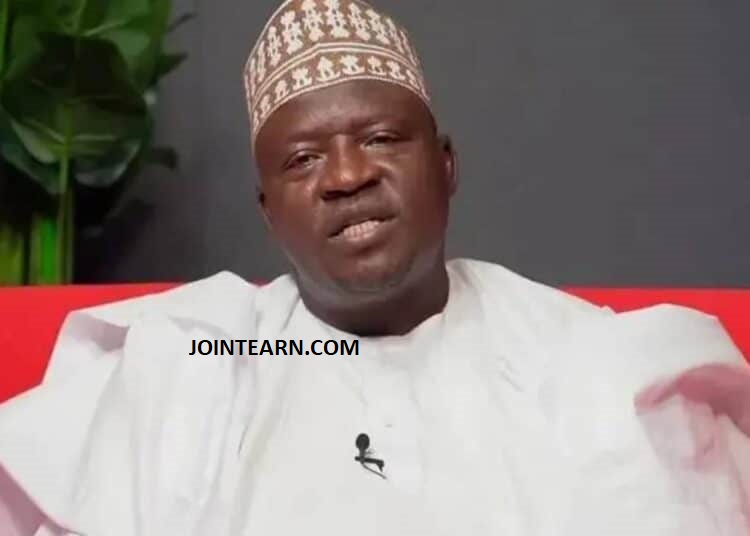Amid growing concerns over the worsening state of security across the country, the Nigeria Governors’ Forum (NGF) has unveiled a new, unified strategy to address the multifaceted threats endangering lives and livelihoods nationwide. The decision emerged following a high-level meeting held in Abuja on Tuesday, where state governors convened to deliberate on the rising tide of kidnappings, banditry, terrorism, and communal violence.
The meeting, which brought together governors from all six geopolitical zones, was described as one of the most critical and security-focused gatherings in recent years. According to the NGF, the outcome marks a decisive shift in how states intend to approach insecurity going forward—with an emphasis on regional collaboration, intelligence sharing, and strategic investment in security infrastructure.
A Unified Front to Address a National Crisis
In a communiqué issued at the end of the meeting, Chairman of the NGF and Governor of Kwara State, AbdulRahman AbdulRazaq, said the governors agreed that the current security situation could no longer be treated as isolated incidents affecting only certain regions, but as a nationwide emergency requiring immediate and coordinated intervention.
“We have come to the realization that the security of lives and property is a collective responsibility. No state is immune, and we must unite our efforts to tackle this threat head-on,” the statement read.
The NGF resolved to strengthen inter-state collaboration through joint security operations, real-time intelligence sharing, and harmonized strategies to dislodge criminal networks that have continued to thrive in porous borders between states.
Key Resolutions from the Governors’ Meeting
The governors agreed on several critical steps aimed at mitigating insecurity and restoring public confidence in the safety of communities. Among the major resolutions were:
-
Creation of Regional Security Coordination Centres: The Forum resolved to establish regional intelligence and coordination hubs that would serve as command centers for monitoring security threats, analyzing data, and mobilizing rapid response forces.
-
Investment in State Policing and Local Vigilante Networks: While awaiting constitutional amendments that would allow for full-fledged state police, governors pledged to invest in training and equipping local vigilante groups to support federal security agencies in intelligence gathering and community-level surveillance.
-
Harmonization of Technology-Based Security Systems: To modernize the approach to crime prevention, the Forum agreed on the deployment of CCTV surveillance systems, drone monitoring, and geospatial tracking tools to monitor criminal activities, particularly in rural areas and forests.
-
Increased Funding for Security Operations: Each state committed to allocating a fixed percentage of its annual budget to security operations, with a focus on recruitment, training, logistics, and welfare of operatives.
-
Regular Security Briefings and Joint Task Force Meetings: Governors will now hold bi-monthly regional security briefings to assess progress, share intelligence, and adjust strategies in real-time.
Collaborative Role of Traditional Institutions
The NGF also recognized the role of traditional rulers, religious leaders, and community elders in restoring peace and maintaining order. As part of the new framework, governors pledged to integrate traditional institutions into their security committees at the grassroots level.
“Security is not only about guns and uniforms. Our traditional and religious leaders have the trust of the people and must be fully engaged as peace ambassadors in their communities,” Governor AbdulRazaq added.
Insecurity Threatens National Stability
Nigeria has been grappling with a wide range of security challenges for years. From the Boko Haram insurgency in the North-East to the rise of banditry and kidnapping in the North-West and Central regions, and secessionist unrest in the South-East, citizens across the country have faced persistent threats.
According to data from security watchdogs, Nigeria recorded hundreds of mass abductions, attacks on villages, and ambushes on highways in the first quarter of 2025 alone. The economic implications have been equally grave, as local businesses shut down, farmers abandon their lands, and investors shy away from high-risk zones.
Speaking on the sidelines of the meeting, Governor Babagana Zulum of Borno State warned that failure to act decisively now could further endanger national cohesion and democracy.
“We must recognize that insecurity is not just a military issue—it is political, economic, and social. Addressing the root causes is as important as dealing with the armed elements. We must do both,” Zulum said.
Federal Government and Security Agencies Welcomed Into Discussions
In a significant move, the NGF also resolved to establish a Security Advisory Council comprising representatives from the Federal Government, the military, the Nigeria Police Force, and civil society organizations. The council is expected to serve as a bridge between state and federal efforts, ensuring alignment of priorities and eliminating bureaucratic bottlenecks.
Governors expressed optimism that the new strategy would provide clarity of purpose, strengthen public trust, and yield tangible results in the coming months.
Citizens React with Cautious Optimism
Nigerians have responded with a mixture of hope and skepticism to the governors’ announcement. While many citizens welcome the newfound urgency, others are calling for transparency, measurable outcomes, and accountability.
“We’ve heard big speeches before. What we want now is action. Let’s see the results in our villages, our roads, and our schools,” said Musa Garba, a community leader in Zamfara State.
Civil society groups, meanwhile, have praised the move as a step in the right direction, urging the NGF to ensure implementation rather than delay.
Conclusion
The decisions taken by Nigerian governors mark a turning point in the nation’s approach to security challenges. By forging a unified front and integrating grassroots leadership, advanced technology, and inter-state cooperation, the governors have signaled a shift from reactive crisis management to proactive prevention.
As the country braces for the operational rollout of these plans, Nigerians wait with bated breath, hoping that this fresh resolve will bring the long-awaited peace and stability they deserve.












